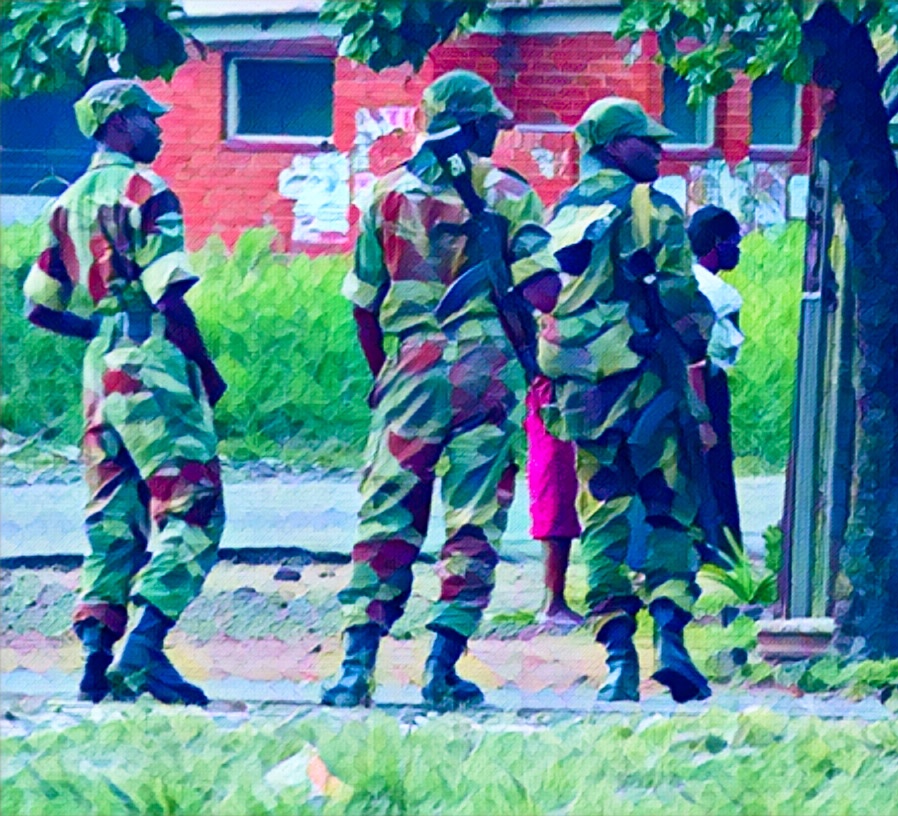Key Points
- Villagers challenge Zimbabwe army over forced evictions.
- Residents accuse soldiers of destroying graves and homes.
- Army defends radar project as lawful and of national interest.
A bitter land dispute has erupted between Goromonzi villagers and the Air Force of Zimbabwe. Residents accuse soldiers of forcing evictions and desecrating graves to clear land for a radar project.
The villagers say the military partnered with a Chinese brick-making company that is operating under the guise of building the radar system.
With lawyer Norman Mugiya representing them, the community has filed an urgent High Court application to block the evictions.
Three residents — Friday Ngoshi, Ephraim Kabvuri, and William Kapeta — are leading the legal fight. They argue that Gutsa village, home to about 400 households, is their ancestral land and the only home they have ever known.
Villagers report intimidation and damage
According to court filings, Air Force officers led by Wing Commander Masongelwa Ndhlovu pegged land, demolished homes, damaged roads, and destroyed graves without warning.
Residents say soldiers threatened to burn down houses if villagers refused to demolish them. Others allege that armed officers used guns to intimidate people into leaving.
“The army is acting as if it is above the law,” the plaintiffs stated. They also accused the military of working with Chinese nationals who are running a brick-making business on the disputed land.
Army insists project follows the law
The Air Force defended the project, saying the government approved the radar installation in 2014 when it relocated a site from Mt. Hampden to Goromonzi. Officials argue that the process followed the law and that the Lands Ministry will handle the relocation of families.
Military leaders denied destroying graves. They said the Chinese company is operating legally under a revenue-sharing agreement and stressed that the radar project is in the national interest.
Court battle continues
The case remains before the High Court. Villagers continue to resist what they call unlawful evictions, while the Air Force maintains that the radar development is both legal and necessary for public safety.


